Calls for Ukraine
Calls for Europe
Calls for USA

Kidney transplantation is one of the most effective treatments for patients with end-stage chronic kidney disease. Kidney transplant procedure significantly improves a person’s quality of life and returns them to a full and active lifestyle. However, the success of kidney transplant surgery largely depends on the choice of clinic, the experience of the surgeons, and postoperative care.
MedTour, a medical tourism company, provides up-to-date information on leading kidney transplantation clinics. In this article, you will find an overview of the best medical centers, examples of kidney transplant price, indications for kidney transplantation, as well as reviews from patients who have already undergone this procedure. We will help you make an informed decision and arrange treatment at a reliable clinic with a worldwide reputation.
The MedTour team has selected a list of top clinics that offer high-quality kidney transplant surgery at affordable prices.
University hospital Liv Istinye (Turkey)
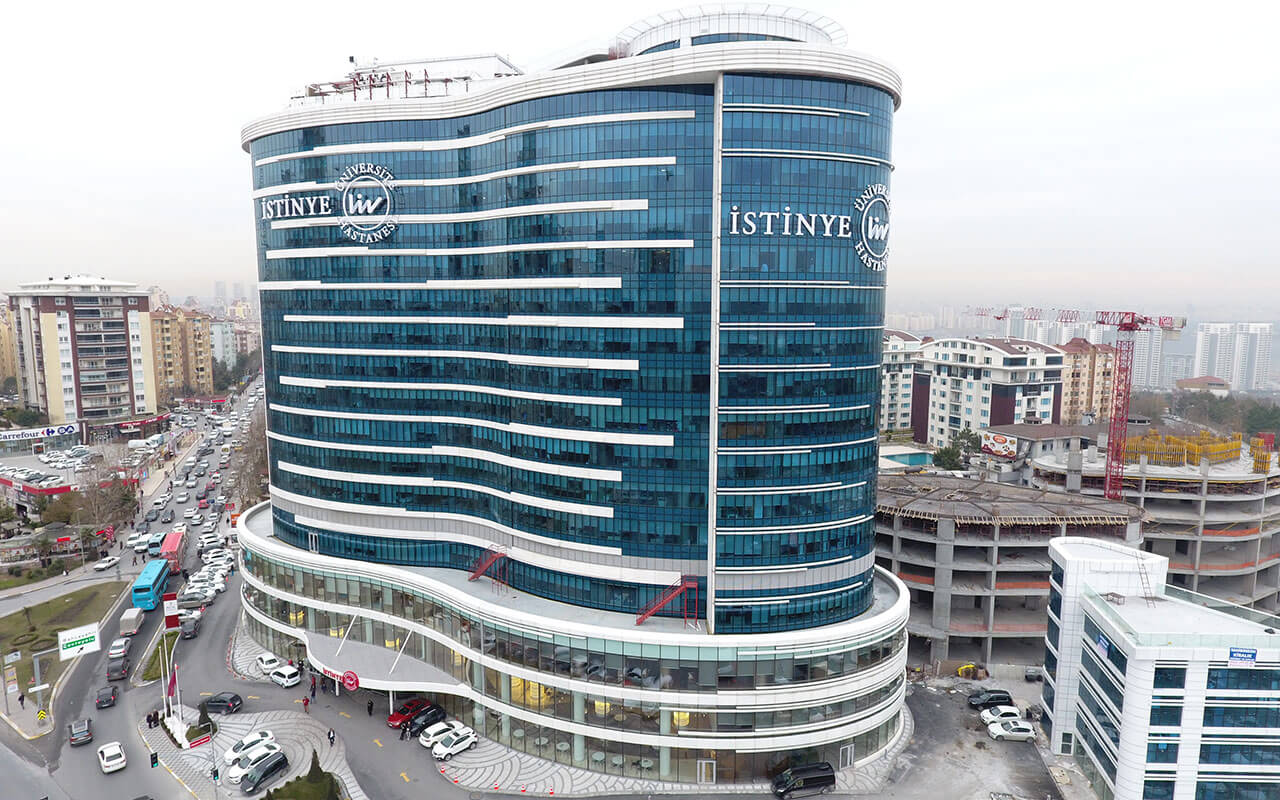
The hospital specializes in minimally invasive laparoscopic methods of kidney extraction from donors. Liv Istinye Hospital doctors uses advanced immunosuppression protocols with minimal side effects. Liv Hospital in Turkey is also known for its intensive rehabilitation program for transplant patients.
Florence Nightingale Hospital (Turkey)

The hospital has one of the highest success rates in kidney transplantation. Florence Nightingale Hospital doctors use robotic-assisted surgery to perform minimally invasive procedures, reducing recovery time. The hospital has a specialized donor-recipient matching center.

Surgeons at Liv Hospital Ulus use a 3D modeling system for preoperative planning of kidney transplant procedure. The clinic also offers a unique cross-donation program for incompatible donor-recipient pairs. Liv Ulus is known for its multidisciplinary approach to kidney transplant surgery and its step-by-step post-operative rehabilitation programs.
Memorial Hospital Group (Turkey)

Doctors at Memorial Hospitals in Turkey specialize in complex transplant cases with a high risk of rejection. The hospital has an advanced tissue compatibility laboratory for precise donor matching. Memorial’s experienced medical team provides comprehensive post-transplant support, including psychological counseling and special nutrition programs.
Medicana Hospital Group (Turkey)

Medicana Hospital in Turkey is known for its innovative approaches to ABO-incompatible kidney transplants. Medicana offers the latest desensitization techniques for patients with high antibody levels. The hospital has a special program for organ transplants in children, involving pediatric nephrologists, anesthesiologists, and specialized care teams. In Medicana, kidney transplantation from a non-related donor is possible (subject to Turkish Ethics Committee approval).
Burjeel Medical City (United Arab Emirates)

Burjeel Medical City is a leading kidney transplantation center in the Middle East that has advanced technology for hardware-assisted perfusion preservation of donor organs, which significantly improves transplant survival. The center’s doctors combine Western medical protocols with a culturally adapted approach for regional patients.
Liv Bona Dea (Azerbaijan)
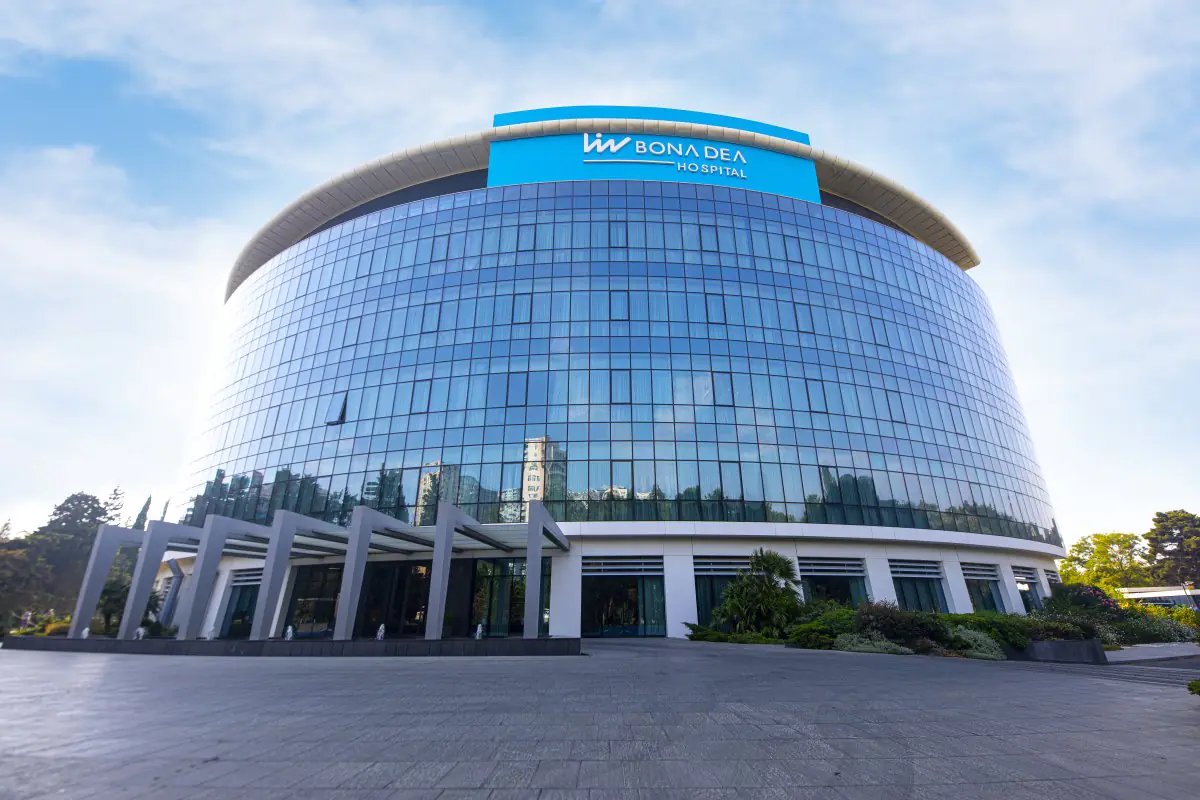
The only certified kidney transplantation center in Azerbaijan certified by international organizations. Liv Bona Dea offers personalized postoperative care protocols and a special program for patients with diabetic nephropathy.
Max Healthcare Clinics Network (India)

Max Hospital Healthcare Group is the leader in India in the number of successful kidney transplants. The hospital offers cost-effective, high-quality treatment. Max Healthcare Clinics is known for its “kidney transplant chain” program, where one altruistic kidney donor can initiate multiple transplants.
Below are the current prices for kidney transplantation in 2025 in leading medical centers worldwide.
| Hospital | Country | Kidney transplant price |
| Florence Nightingale | Turkey | from 18,000 USD |
| Medical Park | Turkey | from 21,000 USD |
| Liv Ulus | Turkey | from 19,000 USD |
| Medicana Hospital Group | Turkey | from 20,000 USD |
| Burjeel Medical City | Turkey | from 18,000 USD |
| Burjeel Medical City | UAE | from 35,000 USD |
| Liv Bona Dea | Azerbaijan | from 13,000 USD |
| Max Healthcare Clinics Network | India | from 16,000 USD |
| Liv Istinye | Turkey | from 20,000 USD |
If you are interested in kidney transplant surgery at these or other clinics, please call us or fill out the contact form. A MedTour coordinating doctor will contact you shortly, provide up-to-date information and assist in arranging treatment in the country of your choice.
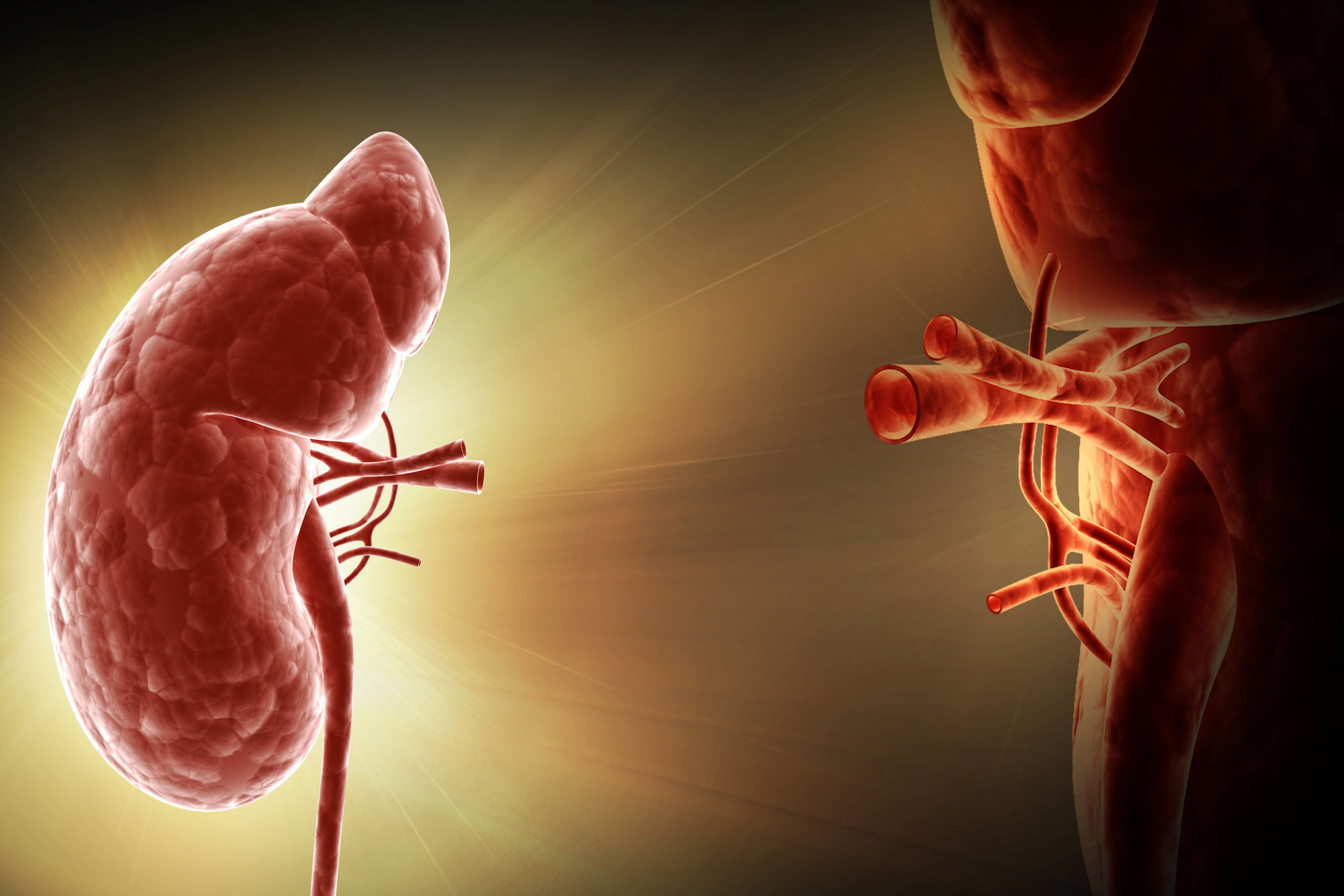
Although the cost of a renal transplant can be quite high, the kidney transplant procedure is critical, as it is the only radical treatment for end-stage renal failure. Unlike dialysis, which performs only a partial function of blood purification, a transplanted kidney restores full renal function, including its hormonal function.
A kidney transplantation is a surgical procedure in which a healthy kidney from a donor is transplanted into a recipient with kidney failure. The operation is indicated for patients with terminal stage chronic kidney disease, when kidney function declines to 10-15% of normal capacity.
The cost of a kidney, that is, the kidney transplant price, is fully justified, since the treatment significantly improves the patients’ quality of life by:
The average life expectancy after a kidney transplantation is significantly higher compared to patients who remain on lifelong dialysis.
Kidney transplantation is indicated for patients with end-stage renal failure, when kidney function decreases to a critical level. This can occur due to:
Additional indications include obstructive uropathy, nephrocalcinosis, and traumatic kidney injury.
A kidney transplantation can be performed on people already undergoing dialysis treatment, as well as on those who are not yet receiving renal replacement therapy (so-called preemptive transplantation). Since transplantation is the most effective method of kidney replacement therapy, it should be considered for every patient unless there are clear contraindications, such as:
If no contraindications are present, a detailed health assessment is conducted. If no further obstacles are found, the patient is placed on the transplant waiting list.
Clinical criteria for placement on the kidney transplantation waiting list
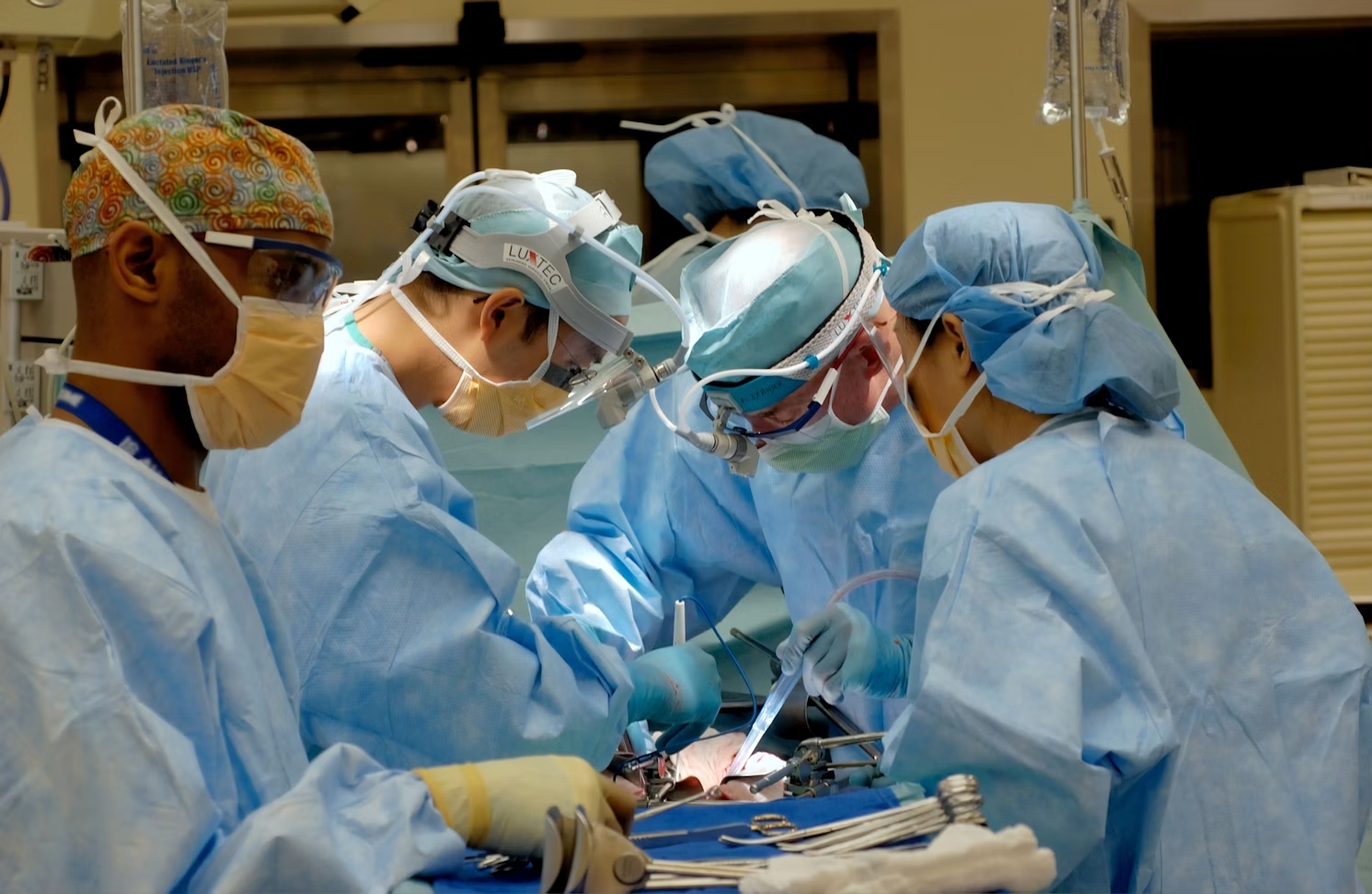
The transplanted kidney must be obtained from a blood-compatible donor and should be as tissue-matched as possible. There are three sources of donor kidneys:
The waiting time for a kidney from a deceased donor is unpredictable. It can take weeks, months, or even years, depending on the availability of a compatible organ. Additionally, in some countries, such as Turkey and the UAE, deceased donor kidney transplantation is not available for foreign patients.
With a living donor, the process is significantly faster. Once both the donor and recipient undergo medical evaluations and no contraindications are found, the kidney transplant surgery can be scheduled. The kidney transplant price varies, largely depending on the chosen country and the specific clinic. To find out the accurate pricing, call or write to us. A MedTour medical coordinator will contact you shortly and provide a free consultation on all related questions.
Please note! The question “Can I sell my kidney?” is incorrect, as the sale of organs is illegal worldwide under both legal and ethical medical standards. Kidney transplantation is only possible through voluntary donation, when an organ is transferred from a living donor free of charge or an organ obtained from a deceased donor is used with the appropriate consent.
How is a kidney transplantation performed?
During a standard kidney transplant procedure, the donor kidney is placed in the lower abdomen, above the right or left iliac crest. The renal artery and vein are connected to the iliac artery and vein, and the ureter is surgically attached to the bladder. In some cases, the transplanted kidney begins producing urine immediately after surgery, while in others, recovery of kidney function may occur gradually, over several days or even weeks. During this period, the patient may still require dialysis.
The recipient (person receiving the renal transplant) requires immunosuppressive therapy, with the first dose of medication given before the transplant. In the postoperative period, patients have to take medications in precise dosages at regular intervals. Over time, the dose of immunosuppressants is reduced, as the risk of organ rejection decreases. If there are no complications after kidney transplant surgery and the transplanted kidney functions normally, the patient is usually discharged home within two weeks.
The risks of transplantation are highest in the first few weeks after surgery, including:
These conditions are usually treatable, and the need to remove the transplanted kidney is extremely rare. However, it is crucial for patients to strictly follow medical recommendations regarding immunosuppressive drugs, physical activity, diet, and lifestyle during rehabilitation.
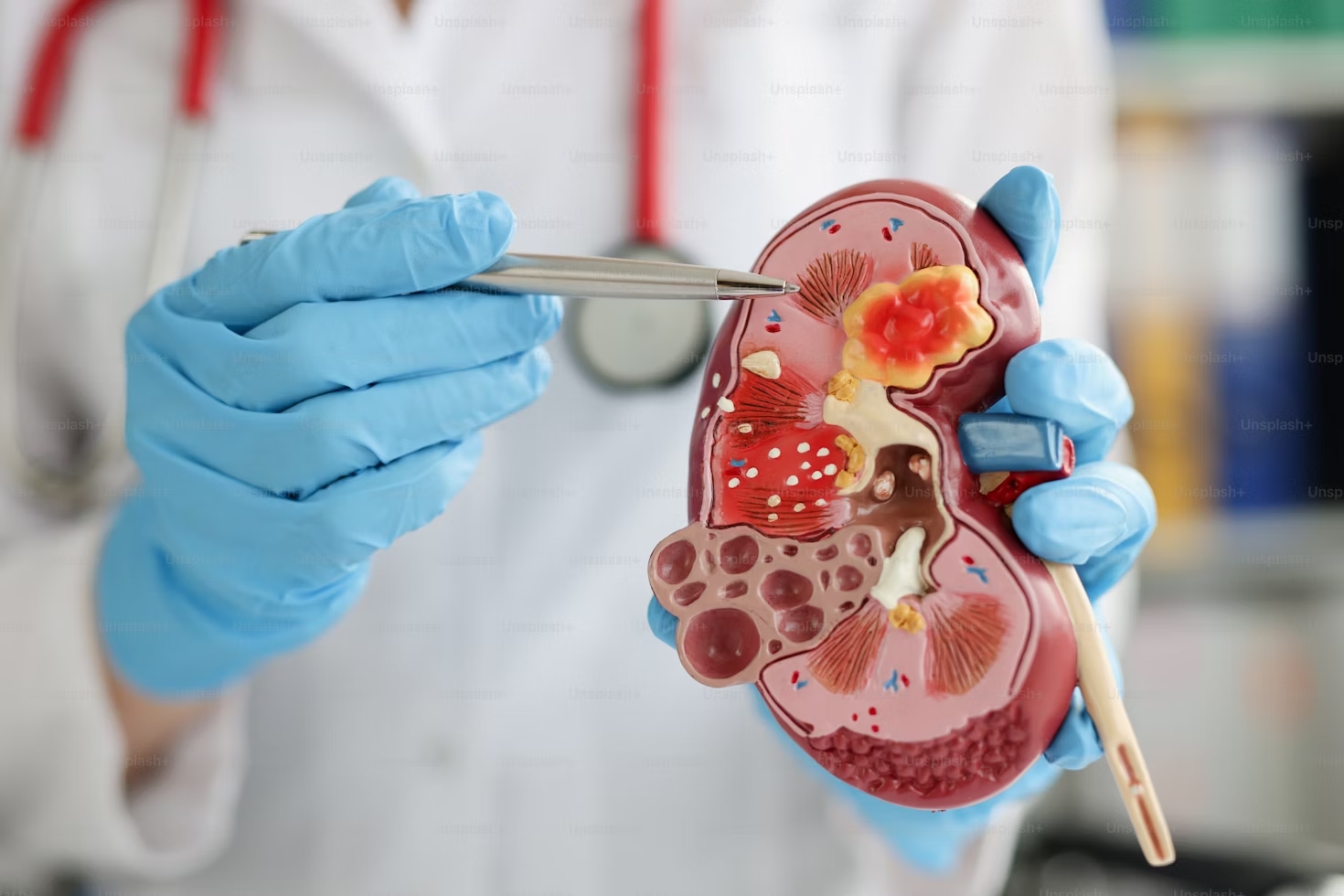
Most patients give positive feedback about kidney transplantation, as it greatly improves their quality of life by:
Approximately 1 in 5 to 10 young women who undergo a kidney transplantation successfully become pregnant. After the first trimester, the chance of carrying a pregnancy to term is around 90%. Women with a transplanted kidney can give birth naturally unless there are other indications for a cesarean section. However, they should avoid breastfeeding while taking immunosuppressive drugs.
Kidney Transplantation – Reviews from Specific Patients
In 2024, surgeons at Liv Hospital in Turkey performed a robotic-assisted kidney transplantation. The patient was a woman from South Korea. In her review, she said that she chose the Turkish Liv Clinic because she believed that the doctors working there had extensive experience in performing robotic surgeries. The patient added that as a young woman, she was also concerned about avoiding large surgical scars. The patient was very pleased with the transplant results and mentioned that the recovery process was very fast.
If you are interested in kidney transplantation at the world’s leading clinics, please call the phone numbers listed on the website or fill out the contact form. A MedTour coordinating doctor will help you select the best transplant center and specialist and arrange medical support at every stage of your treatment.
Please rate the work of MedTour
